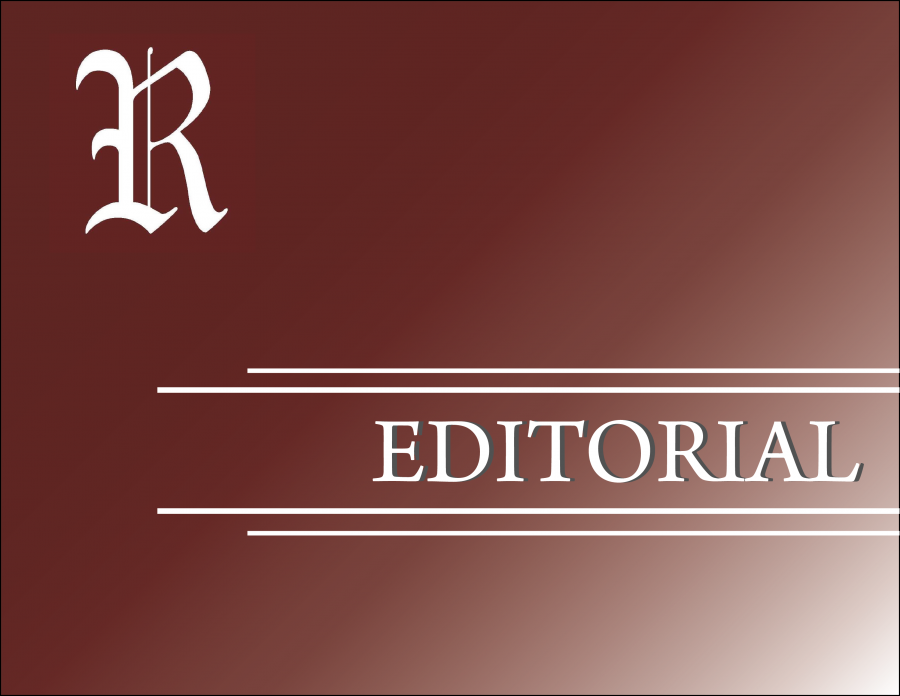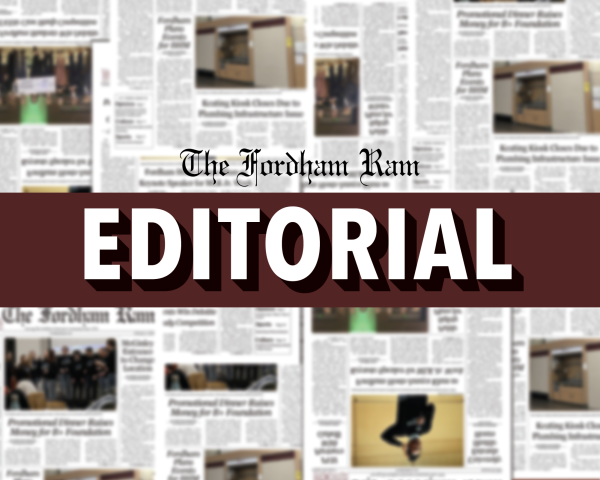Travis Scott Must Take Accountability for Astroworld Tragedy
Last Friday, Nov. 5, Travis Scott’s Astroworld festival in Houston, Texas, ended in tragedy. A crowd surge during Scott’s headline performance resulted in eight deaths and hundreds of injuries.
We first want to express our shock and sympathy after this horrible tragedy. We cannot imagine what these concertgoers and their families went through. Many of the victims were college students, and it is easy to see ourselves in that crowd.
The Astroworld tragedy raises questions about the nature of crowds. Was this tragedy a natural consequence of a concert mosh pit? Was a group of crazy fans responsible for the crush of people toward the stage? Was it a “blood sacrifice,” as many have alleged on social media? Were these deaths preventable? And if so, who failed to prevent them?
In the wake of a mass casualty event, finding who is at fault is important. Unfortunately, assigning blame cannot bring back those who lost their lives, but accountability can help prevent similar occurrences in the future.
Much of the blame for this tragedy rests on Travis Scott.
At its core, this was a horrific accident, unforeseen by panicked concertgoers and overwhelmed event staff. The fact that this tragedy was an accident, though, does not mean that Scott is blameless.
We can contest Scott’s responsibility as a performer, considering his claim that he was unaware of the commotion in the crowd. However, Scott needs to be held accountable for his persona, his festival’s organization and his encouragement of unsafe crowd behavior.
It’s no secret that Travis Scott has a history of wild concert crowds. In itself, this is not a bad thing — Scott is an energetic performer who wants to put on a good show, and his fans’ excitement is a byproduct of that energy. However, this behavior has raised a few concerns in the past.
At the 2015 Lollapalooza festival, Scott encouraged his fans to jump over security barricades and rush the stage. In the process, a 15-year-old girl was trampled. Scott’s set was cut short, and he later pleaded guilty to reckless conduct charges. A similar charge followed an Arkansas concert in 2017. That same year, another Travis Scott fan sued for damages after a riotous crowd left him paralyzed.
Last Friday’s festival began to follow a familiar pattern. Fans rushed the gates as soon as they opened that morning. An enormous crowd waited for Scott to arrive on stage and surged forward as a group when the countdown clock began. When Scott performed, he encouraged concertgoers to “rage.” While the tragedy unfolded, he called for his fans to make the “ground shake.”
In the wake of at least three legal incidents, especially ones that involved serious injury, it is easy to see Scott’s fault in last week’s Astroworld disaster.
Travis Scott bears full responsibility for the concert culture he has created for the past several years. Artists are responsible for the fanbases they cultivate and the actions they encourage. Calling for fans to make the ground shake provokes a certain response. If performers want their crowds to mosh, they are partially responsible for those people’s safety.
We do not criticize the “raging” aspect of Scott’s concerts. This is not an anti-mosh pit editorial. It is possible to have a crazy, wild, hardcore show while fans and concertgoers treat one another with respect. Mosh pit etiquette is real; the punk scene has been “raging” safely for decades now. Creating a fanbase that cares about its members’ safety is valuable, and it is a task left up to the artist at its center.
That etiquette is especially important to promote now. Due to the pandemic, it’s been a while since concertgoers have been packed together at festivals. Mosh pit etiquette may have faded to the backs of our minds after a year of social distancing. As concerts and crowds become more common, it’s important that we remember to stay safe.
Crowd safety at concerts generally relies on security staff and crowd members themselves, but artists have the power to speak to the audience directly. For instance, Linkin Park once stopped mid-song to make sure a man who’d fallen in the mosh pit was helped up. The singers reminded the crowd that safety came first, then resumed their set. A small action like this can help prevent moshing injuries.
Performers have fans’ admiration and attention, and they are the ones holding the microphone. That, too, is a kind of crowd control.











































































































































































































